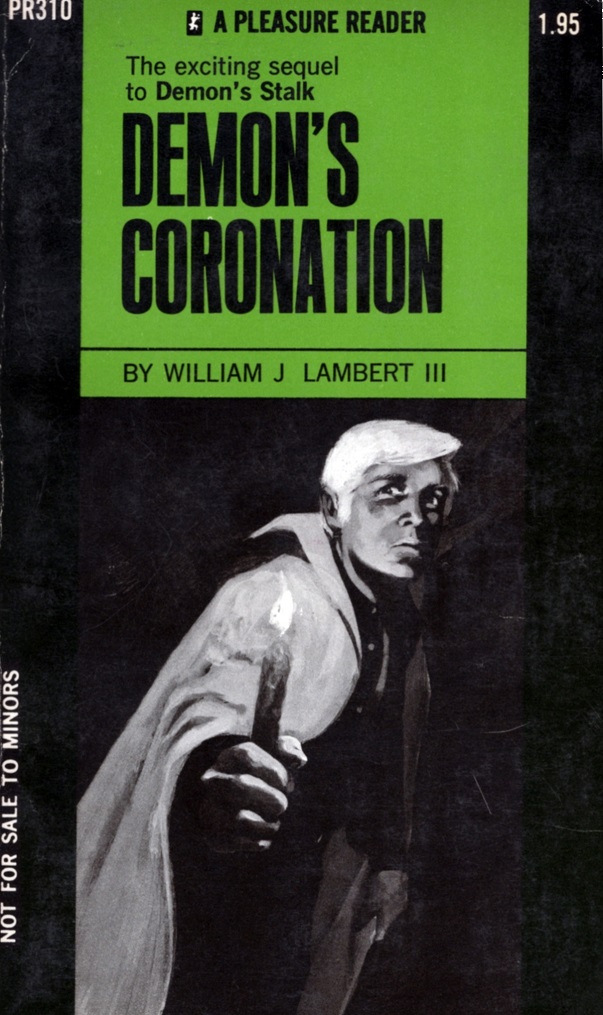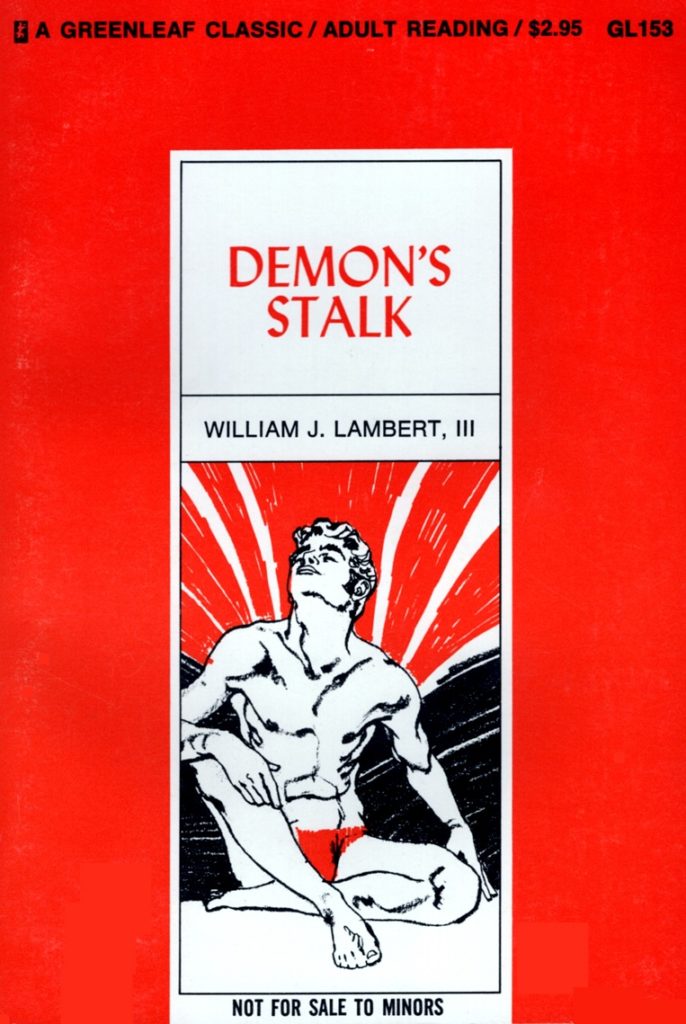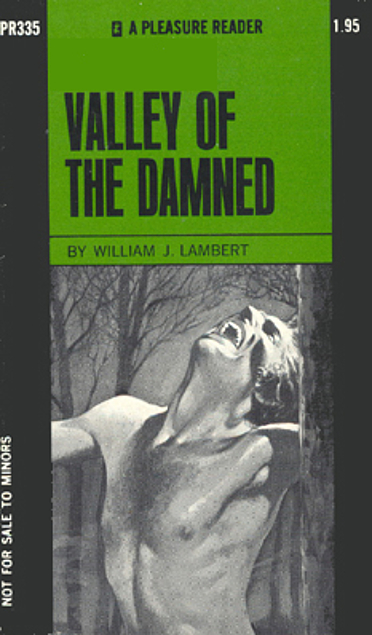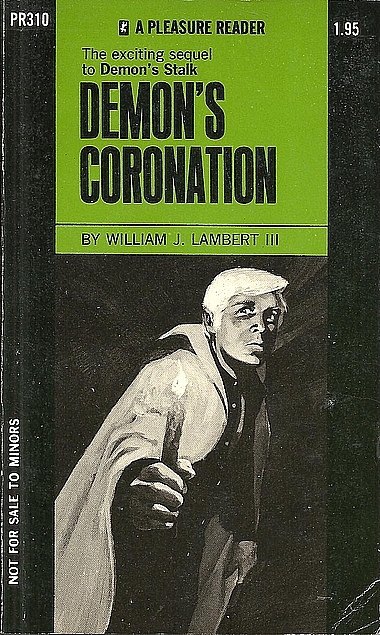
Robert Devereaux has been terrifying readers since the late 1980’s, when his short fiction appeared in the hallowed pages of Pulphouse magazine, Crank! and Weird Tales. Since then he has authored several mass market horror novels and found his name on the final ballot for Bram Stoker and World Fantasy Awards.
Arguably he is most famous (infamous?) for his 1998 novel, Santa Steps Out, which reimagines all our favorite holiday icons as lascivious beings, fueled by personal desire and capable of macabre treachery. Aided by the early days of Internet message boards and word-of-mouth, Santa quickly became a legendary classic of holiday horror. To this day, not a Christmas goes by without fans reflecting on their virgin experience—the time when Devereaux’s Santa first altered their perception of everything they hold sacred.
Robert was kind enough to take time away from his writing schedule to discuss his long career and how Santa came to be.
JUSTIN: Robert, an honor to chat with you!! Santa Steps Out is among my all-time favorite novels and I have so many questions. Of course I have to ask first—how did this bizarre book get inside your head?
Read more “Interview: Robert Devereaux, Author of Santa Steps Out”



